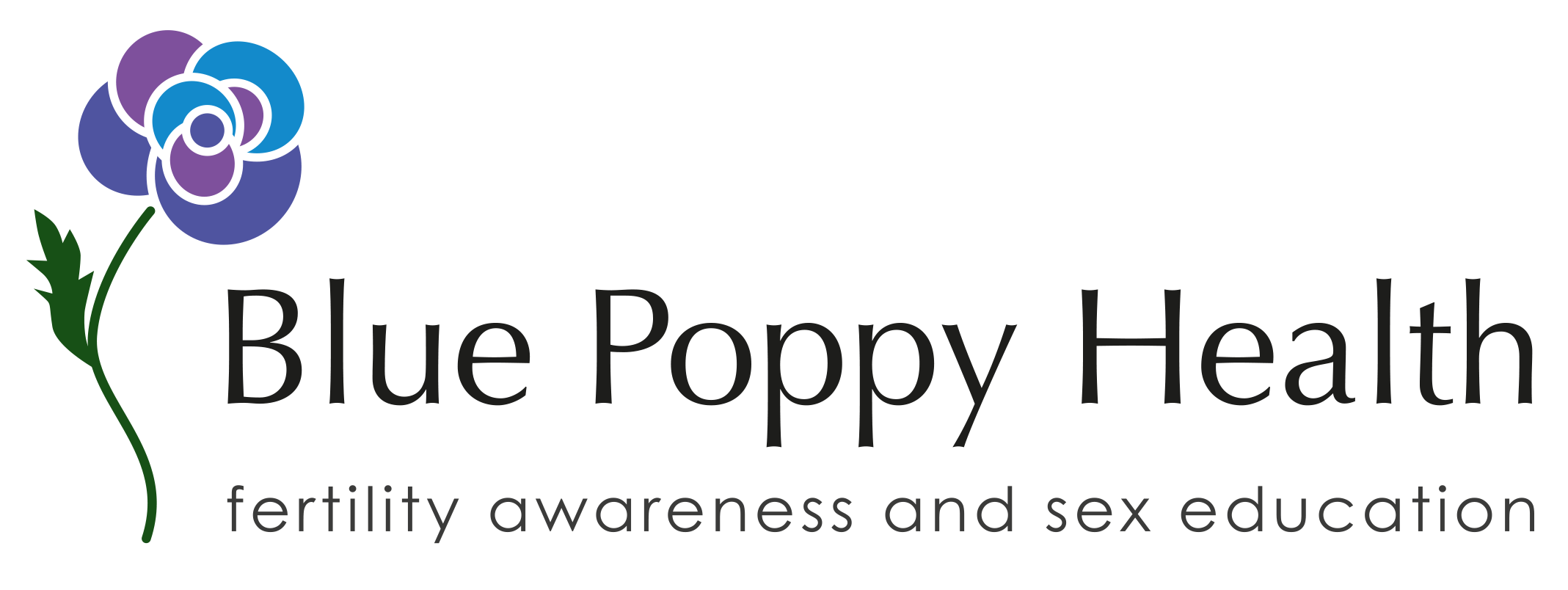 PCOS Awareness Month is September so I thought I should let you know what it is since it can affect up to 10% of women and many don’t know they have it.
PCOS Awareness Month is September so I thought I should let you know what it is since it can affect up to 10% of women and many don’t know they have it.
PCOS stands for Polycystic Ovarian Syndrome, which essentially means women have multiple cysts (fluid-filled sacs) in their ovaries and a syndrome, or collection of symptoms – but it’s far more complex than that.
In fact, the UBC Centre for Menstrual Cycle and Ovulation Research prefers to call it Anovulatory Androgen Excess (or AAE) because the key components of it are higher than normal androgens (male hormones) which lead to infrequent ovulation and irregular menstrual cycles.
What are some signs you might have it?
- Irregular cycles
- Infrequent ovulation
- Elevated androgens
- Elevated Luteinizing Hormone
- Elevated Insulin
- Abnormal cholesterol levels
- High body mass index
- Multiple cysts on your ovaries
- Acne
- Excess body hair
- Bald patches on your head
- Difficulty getting pregnant
To know for sure if you have it, it’s best to get your hormones checked and work with a practitioner who knows about this stuff and doesn’t just want to put you on the pill to “treat” your irregular periods. There are many potential reasons for irregular cycles, acne, or infertility so it’s best to know for sure so you can take appropriate steps to improve your health.
Long-term risks
Because of some of the effects on the body, like insulin (blood sugar) processing issues, cholesterol issues, and higher androgens, there’s long-term risks of cardiovascular disease and diabetes. So it’s important for your health that you investigate and try to take steps to improve your health.
What can you do about it?
You are definitely NOT stuck with PCOS symptoms forever! Many people can reduce and reverse PCOS symptoms through diet, exercise, supplementation, and working with a holistic health care provider.
Insulin processing is an issue so start by cutting out sugar and carbohydrates from your diet and getting some exercise (even going for a walk a couple of times a week is helpful).
With the right advice and care from a holistic health care provider you can overcome your symptoms and improve your fertility and your health.
Check out my article on six important things you need to know about PCOS!
Do you have PCOS or think you might? Want help making sense of your cycles? Check out my programs or contact me and we can improve your hormonal health together.
